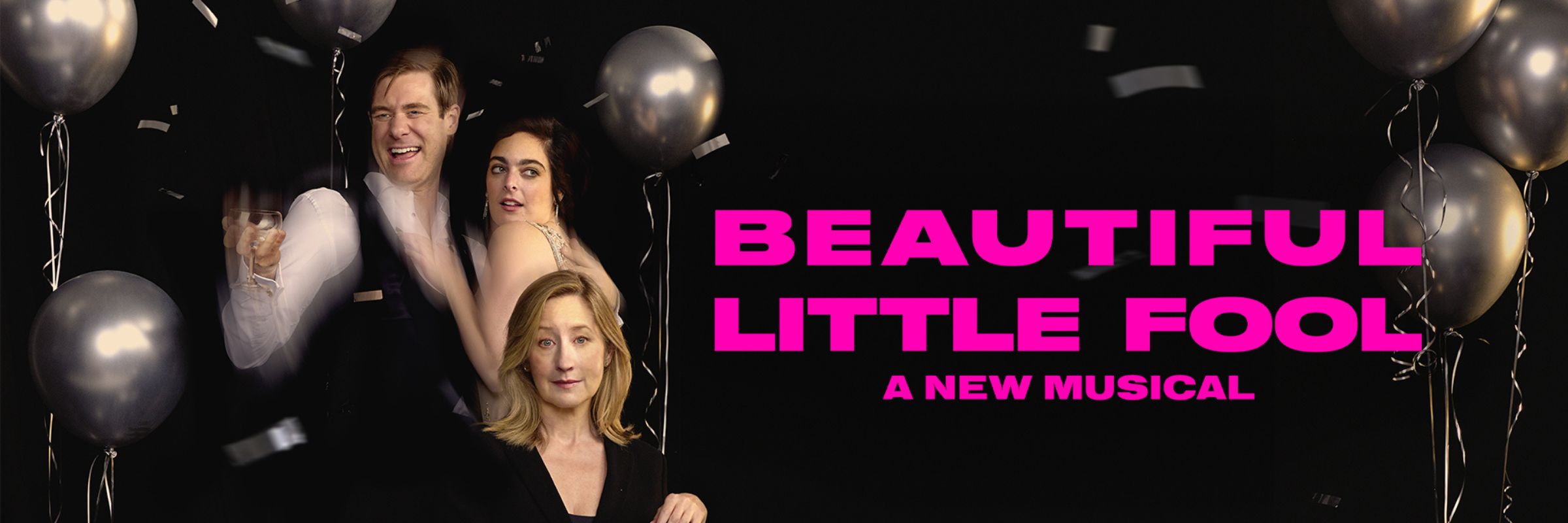
Fyodor Dostoyevsky’s infamous tale has been adapted into a straight 90-minute play by Arrow and Traps Theatre, skilfully transferring the novelist’s darkness from the page to the stage and leaving us satisfyingly chilled to the bone.
Set in St. Petersburg, Russia, a young, impoverished ex-student by the name of Raskolnikov finds himself contemplating the justification of murder, namely: how it is sometimes permissible to commit murder in pursuit of the greater good, and in this case, to take away from the greedy and give to those in need. At the mercy of a scrupulous pawnbroker, who hoards her earnings whilst many of the lower classes are wasting away in poverty and reduced to desperate circumstances such as prostitution, Raskolnikov resolves to murder her, and ignites a scenario that grapples with morality and justice.
Considering the length and complexity of content in Crime and Punishment, Marilyn Campbell and Curt Columbus produced a lean, stripped-down version drawing attention to the main themes and messages in Dostoyevsky’s narrative. This adaptation retains several of the key focal points and sections of prose that are central to the play’s philosophical and psychological linchpins, such as the frequently repeated question of: “Do you believe in the story of Lazarus?”. This biblical reference about redemption and the opportunity to be reborn as a higher being is integral to the psychological journey of Raskolnikov, and despite the inevitable chunks of the story that had to be omitted, the script had a clear purpose and well-designated timeline of events.
Christopher Tester (Raskolnikov) stylishly embodied the lead’s fraught, troubled nature, with a superbly projected, classically trained voice and a commanding stage presence. His performance raised an suitably tense atmosphere of unease within the theatre, assisted by a strong set of sound effects and well-chosen music, coming in at just the right time as Raskolnikov’s soliloquys, invoking a sense of unhinged philosophising that Tester owned wholeheartedly.
Christina Baston juggled a multitude of roles with great skill, with numerous costume and character changes throughout, each one convincing and thoroughly personified with differing accents and mannerisms. Her main triumph is the embodiment of Sonia, of whom we see develop in depth of character as she is drawn into Raskolnikov’s web of entanglement. Stephen MacNeice was equally impressive as four alternating characters, and together with Baston managed to transform a three-person cast into what felt like a large ensemble of actors, enlarging the theatre to triple its actual size with the artistic variety playing out before us. MacNeice’s portrayal of Inspector Porfiry was particularly well-executed, whose spring in his step and keen eye brought a much-needed sense of humour and lightness to the murderous backdrop.
Stylistically, I applaud director Ross McGregor’s surrealist take on the drama. Despite the small set, the choreography was highly physical, and this surrealism was evoked in the slow-motion murders, and the ways in which the actors continued to move, slowly and subtly, in the background whilst a character embarked on a soliloquy. This communicated a sense of life continuing to exist, despite the thoughts raging through Raskolnikov’s tormented mind, adding to the lack of peace that he felt. The set itself was simplistic yet bold, with a table adorned with documents and a chez longue, and a three-side audience allowing us to feel immersed from nearly all sides in the drama.
A richly dark, elegant adaptation of Crime and Punishment’s key components, which will leave you feeling emotionally harrowed and philosophically perturbed.
Reviewed by Laura Evans
Photo: Davor Tovarlaza @ The Ocular Creative
CRIME AND PUNISHMENT plays at the Jack Studio Theatre until 25 February 2017


